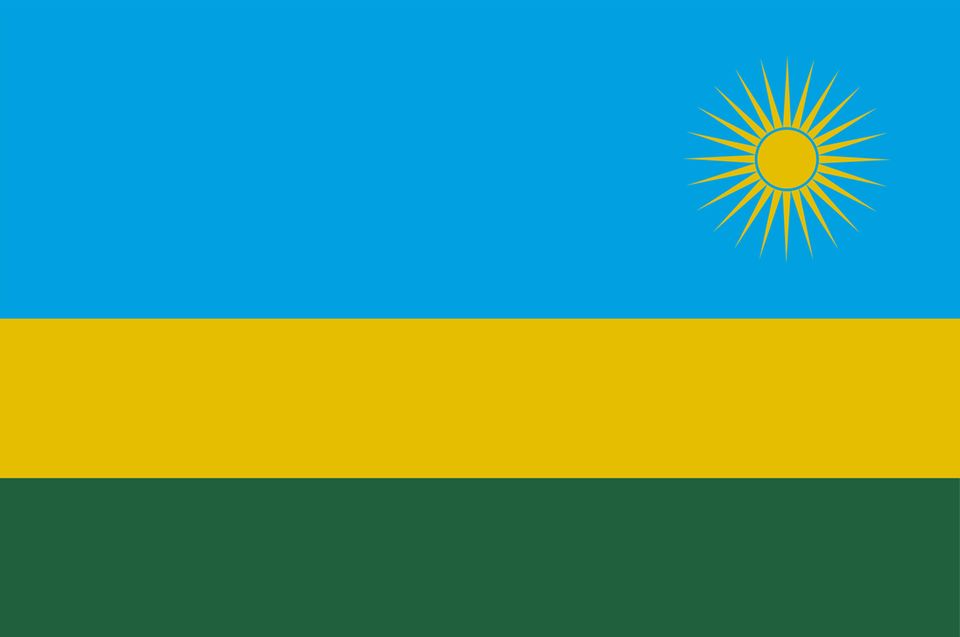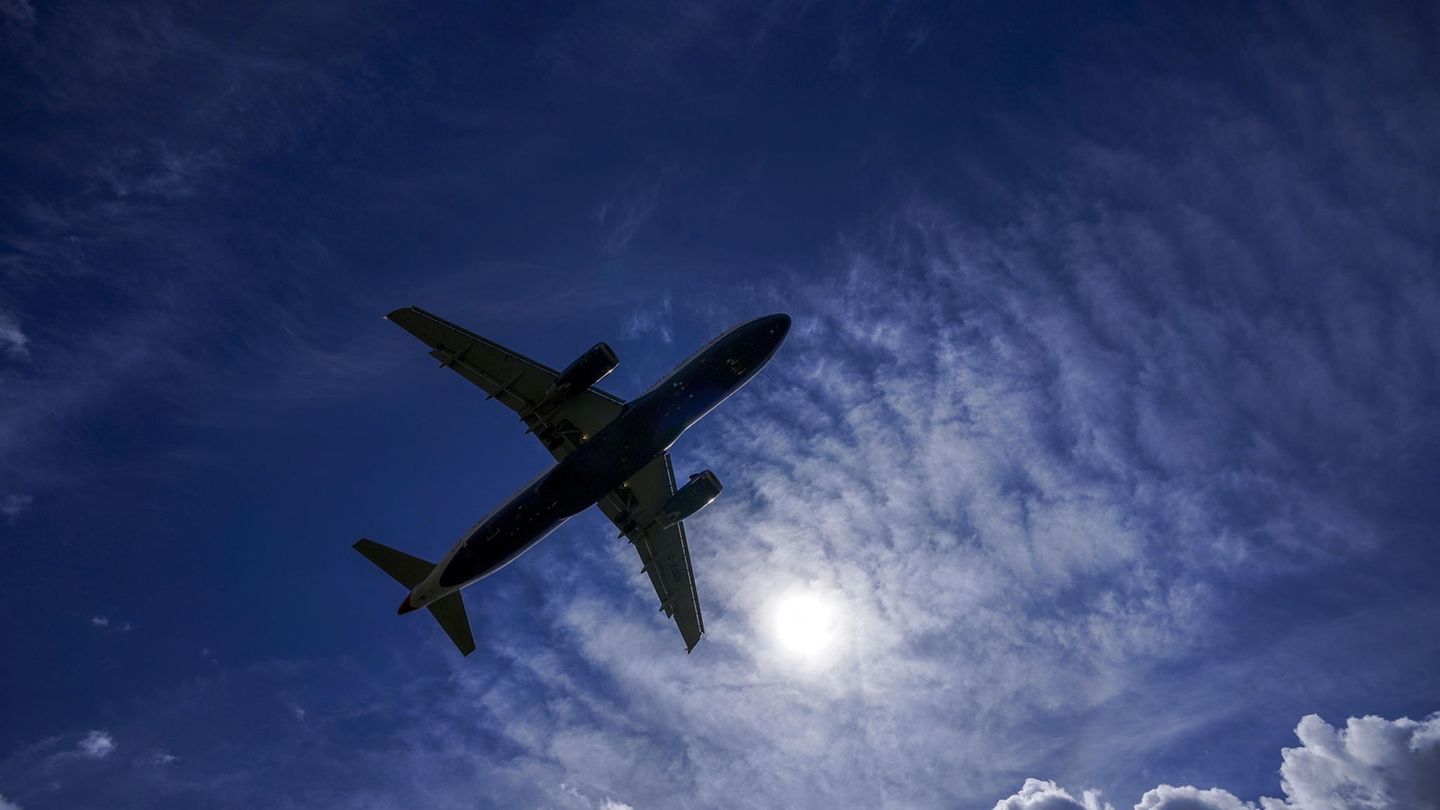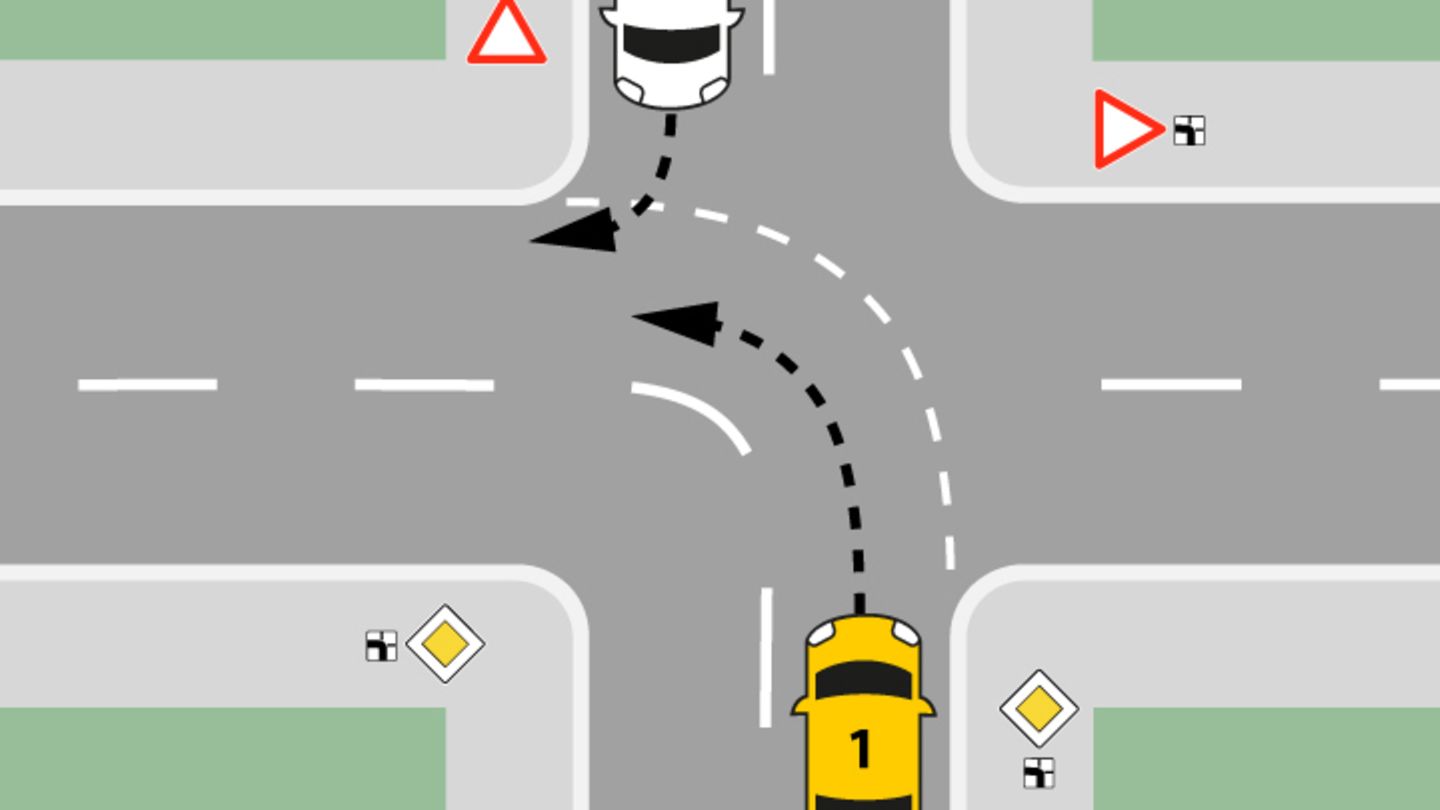Easily explained
Great Britain has declared Rwanda a safe third country and will deport refugees to the Central African state in the future. But how does this actually work?
The British House of Lords, the second chamber, has approved the law for easier deportations of asylum seekers to Rwanda after long resistance. With this, Great Britain declares the East African country a safe third country and thus enables the deportation of asylum seekers. The law is intended to deter people from dangerous journeys across the English Channel in inflatable boats and to destroy the business model of smugglers.
What does the UK law say about deportations to Rwanda?
Provides that asylum seekers who come to the UK illegally will be deported to Rwanda, regardless of where they come from. Your application will be processed in Rwanda and you can settle there if your application for refugee status is successful. There are no plans to return to Great Britain.
Excepted from this are people who worked for the British armed forces, such as Afghan translators.

© Panthermedia / Imago Images
Rwanda profile
State name: Republic of Rwanda
Area in km²: 26,338
Number of inhabitants: 14.09 million
Capital city: Kigali
Official languages: Kinyarwanda, French, English, Swahili
Important cities: Kigali, Gisenyi, Ruhengeri, Gitarama, Butare
Currency: Rwandan franc
Climate: Tropical, humid highland climate
Head of State: President Paul Kagame (since April 22, 2000)
Life expectancy: Women 69 years, men 65 years
GDP: $12.7 billion
Unemployment rate: 13 percent
Source: The New Cosmos World Almanac & Atlas 2024
The agreement with Rwanda also includes resettling “a proportion of Rwanda’s most vulnerable refugees” in the UK. However, the agreement does not regulate on what basis these refugees should be selected. The UK may also require the return of anyone deported to Rwanda.
How should deportations work in practice?
British Prime Minister Rishi Sunak had long hoped that a deportation flight would take off to Rwanda in the spring. On Monday, however, he spoke of ten to twelve weeks after the law came into force – that would be in July. According to Sunak, there is a contract with a commercial provider so that the government does not have to rely on Royal Air Force aircraft. An airport is also available. There are also considerations about flying asylum seekers out to Rwanda in advance on regular flights. The Times newspaper reported that Sunak’s government wanted to explore similar agreements with Armenia, Ivory Coast, Costa Rica and Botswana.
Why Rwanda?
Several countries and islands were discussed for asylum plans, the 2022 reported, but Rwanda was particularly promising. The country already has experience with refugees and has demonstrated its hospitality, says Lecturer at the South African Research Chair in International Law (SARCIL) at the University of Johannesburg. At the end of 2021, there were around 127,000 refugees in Rwanda, many of them from the Democratic Republic of Congo and Burundi. The Rwandan government has said it wants to help manage the global asylum system in a compassionate way.
Migration 2023
Most people from these countries apply for asylum in Germany
However, it can be assumed that financial aspects also play a role. that the money provided by Great Britain should be invested in the country and jobs created. Although no asylum seekers have yet arrived in Rwanda, the country has already received more than 240 million pounds (more than 270 million euros) from London, reported the . According to one, the total will be £370 million. If 300 people are sent to Rwanda, the government in Kigali will receive £120 million and payments of £20,000 per person relocated. , that the plan will “literally save billions in the long run” for Rwanda.
that Rwandan President Paul Kagame wants to present himself as a partner to the West with the asylum agreement. Kagame has ruled the former genocide state autocratically for more than 20 years and is accused of violating human rights and suppressing the opposition in the country. The British asylum agreement could therefore be seen as part of Kagame’s approach to be perceived as a reliable partner of the West – and to silence human rights concerns.
Are there role models?
The UN human rights commissioner called the deportation agreement a “dangerous global precedent.” But there are certainly similar models.
The best known probably comes from Australia. The country introduced the “Pacific Solution” in October 2001. Accordingly, boat refugees are intercepted in the Pacific and taken to camps on the neighboring island states of Papa New Guinea and Nauru. The agreement was suspended between 2008 and 2012, then resumed amid rising refugee numbers. In July 2013, the government tightened the controversial law again: Since then, even people with a positive asylum decision can no longer settle in Australia. The internment of asylum seekers has been widely and sharply denounced by human rights organizations and the like.
from Oxford University also compares the Rwanda agreement with examples from Israel and Denmark. Israel deported people of Eritrean and Sudanese nationality to Rwanda between 2013 and 2018. Denmark also signed a declaration of intent on migration policy cooperation with Rwanda.
The agreement between the EU and Turkey is also based on a similar principle: since 2015, people who try to flee to the EU via Greece have been sent back to Turkey and their applications processed there.
What do the critics say?
The agreement has been widely criticized. The UN human rights representative Volker Türk criticizes the controversial project: It threatens the rule of law and sets “a dangerous precedent worldwide.” The heads of the UN refugee agency UNHCR and the UN human rights office have called on Great Britain to reconsider the new law. In addition, the Supreme Court in London expressed clear doubts that Rwanda could be a safe third country.
The association’s legal policy spokeswoman, “Wiebke Judith says at the request of star: “The agreement undermines human rights and puts politics above applicable law.” She emphasizes that several courts have already stopped the project: the European Court of Human Rights in June 2022 and the British Supreme Court in November 2023. Now the British government is restricting the options for legal action with the new law and is suspending the European Convention on Human Rights for the affected refugees Power.” Judith continues: “What is happening now has never happened on this scale before.”
Sources: DPA, AFP, , , , , , , “, (1), , , ,, .
Source: Stern
I have been working in the news industry for over 6 years, first as a reporter and now as an editor. I have covered politics extensively, and my work has appeared in major newspapers and online news outlets around the world. In addition to my writing, I also contribute regularly to 24 Hours World.




